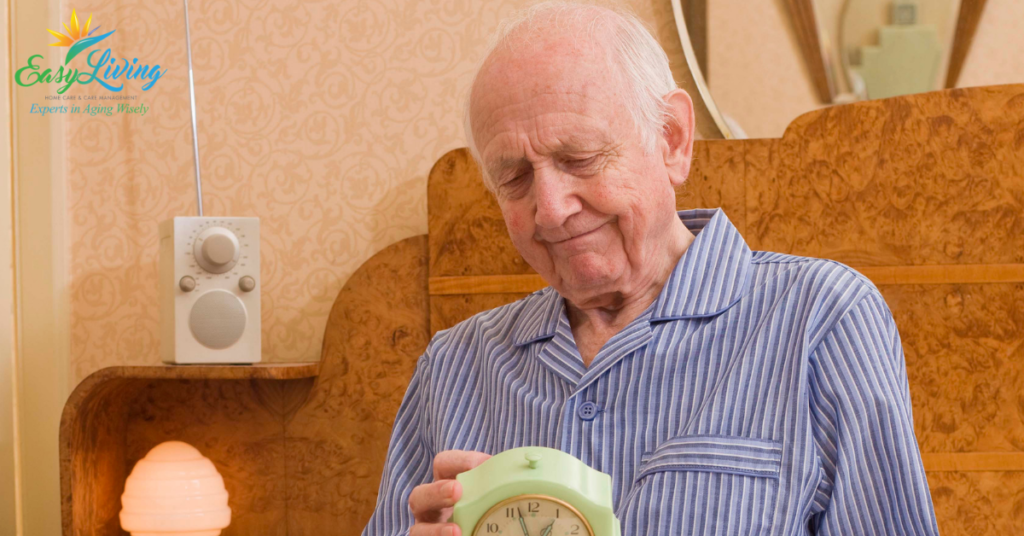Most times, though, the changes come about gradually without our noticing. If we see our parent regularly we might not realize just how much they’re declining. And, if we live far away it might seem as if Dad was fine last time we saw him and now suddenly is having a crisis. Naturally, things change as we get older. But many caregivers struggle with knowing what’s a sign that their parent really needs help at home. We don’t want to overreact or disrespect our parent’s dignity. However, ignoring problems can lead to a crisis that could be prevented with a little help.
Assessing When Dad Really Needs Help at Home
If you have worries, it likely means there’s a reason. The best thing you can do for your own peace of mind is to get an aging life care assessment. This is also a great move to avoid family conflict. Rather than arguing with Dad about needing help at home, you benefit from a neutral, professional opinion. The care manager may suggest small, proactive changes that will keep Dad safe and happy at home.
Many people wait for a crisis or seeing obvious concerns to get an assessment. However, we encourage you to take action earlier. For example, if Dad has chronic health issues, is now living alone after Mom’s death, or is exhibiting subtle signs of change. Now’s the time when an assessment could make the biggest difference. Dad can benefit from easy changes and a little bit of help. And, you can all benefit from being prepared and doing long-term planning.
Subtle Signs Dad May Need Help
If you’re feeling unsure about whether or not it’s time to get an assessment or instigate a conversation, here are some subtle signs to look for:
Changes in routine
Has Dad stopped attending his regular exercise class or group activity? Do you notice him sleeping a little longer? Or, not getting up and dressed right away like he used to? Dad might explain these changes away and they might not seem like a big deal. But, they often indicate something more.
Look at all areas of the day-to-day routine. For example, take a look around the kitchen and observe how Dad handles meals. Is the pantry full of expired food or junk food? Do you find spoiled leftovers in the fridge?
Memory/cognitive slips
Again, this can be quite obvious or much more subtle. When Dad keeps asking repetitive questions or forgets where you’re going, you know something’s amiss. However, long before that, he may be showing signs that he easily brushes off. For example, you might notice Dad is much quieter than usual or not participating as much in conversations. (This can also be a sign of hearing issues.) He might forget words.
Though he might cover it up, Dad’s likely missed some appointments or is having trouble keeping up with his schedule. This is one reason you might notice a change in routine or him cutting out activities. Also look at how Dad handles more complex tasks like bill paying and medications.
Physical appearance
You might notice small changes in the physical appearance/upkeep of both Dad and the home. You know your parent’s baseline. Your parent may be fastidious, while mine might be fairly relaxed with housekeeping. So, this is all relative. What you want to look for is a change.
It becomes overwhelming (and even fear-inducing) to keep up with personal care and household tasks when ill, weak or confused. Dad might start cutting back on how often he showers, shaves or changes clothes. You might find he’s closed off some rooms and is functioning in only a small area.
Download our Warning Signs Checklist for more signs your parent may need help at home.
And, once you’ve spotted concerns, here’s some advice from our experts on how to talk to your aging parents about getting help at home.
Worried about Dad or wondering if you should be?
Talk to our experts about your concerns, getting an assessment and what help is available.







